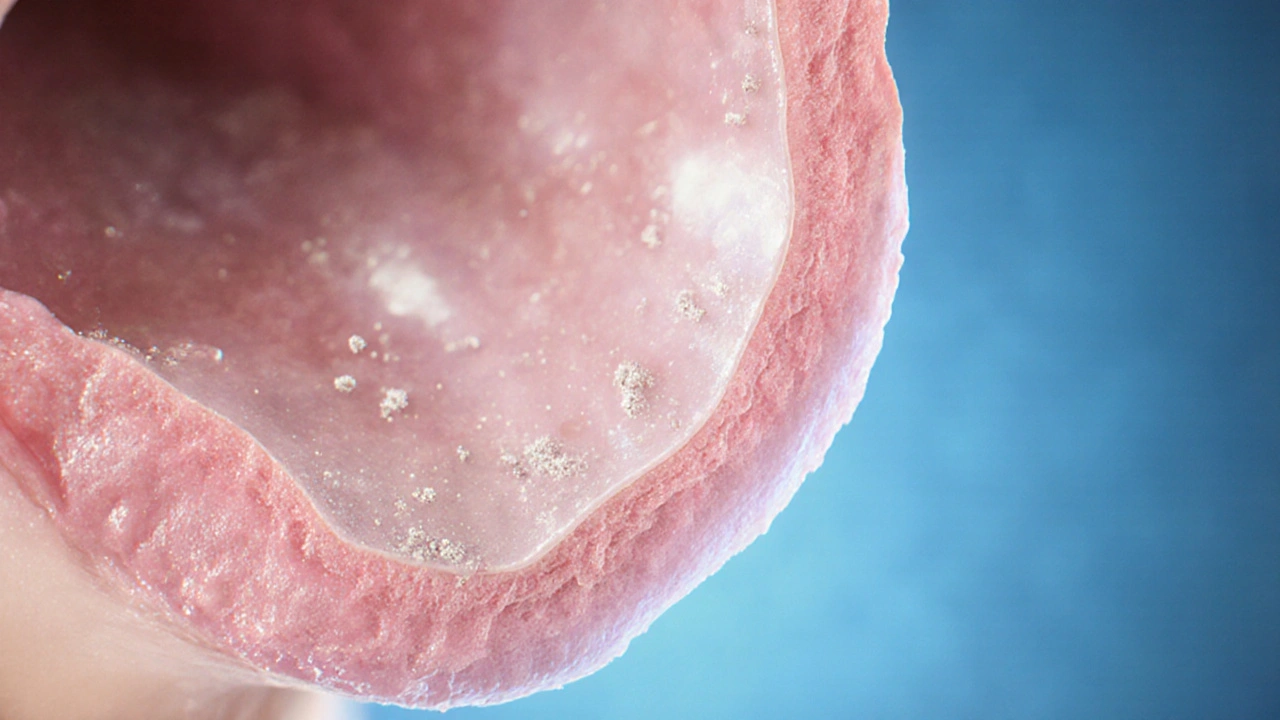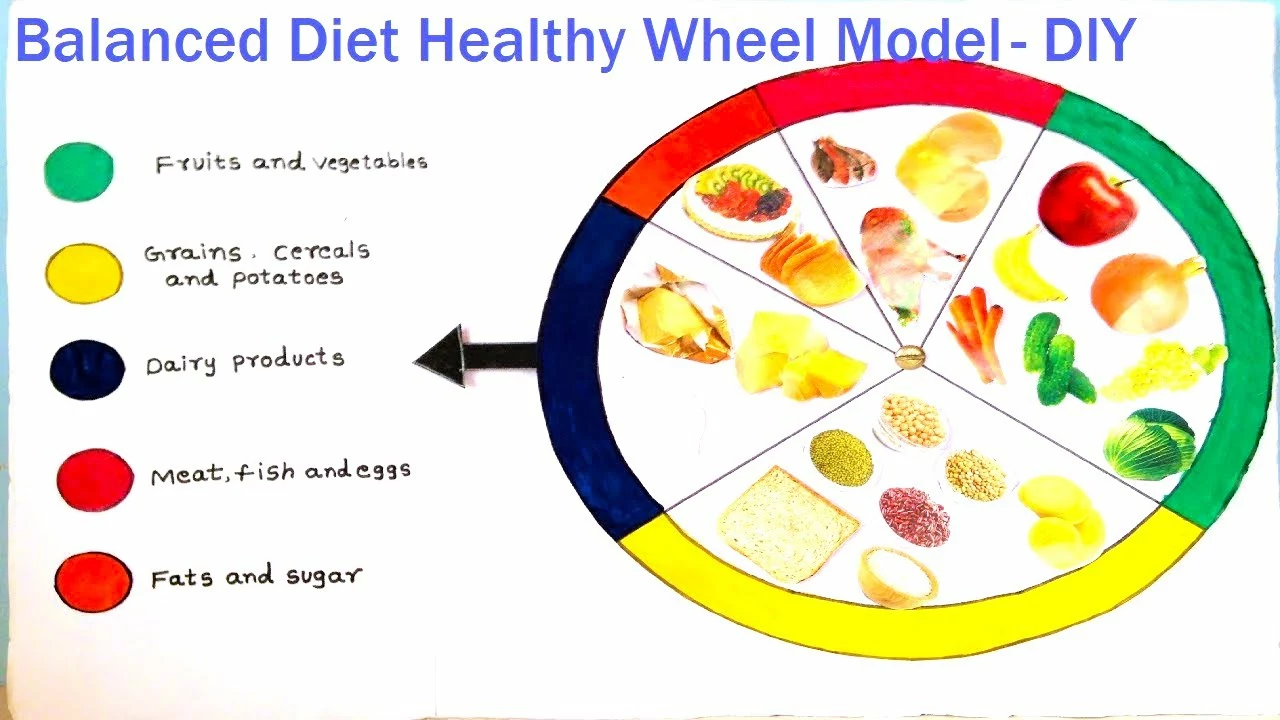Diet Tips & Guides for IVF and Everyday Health
If you’re scrolling through FastIVF looking for what to eat, you’ve landed in the right spot. This page gathers all the diet‑related articles that can help you choose foods that boost fertility, manage weight, or just keep you feeling good. No medical jargon—just clear advice you can use today.
Why Diet Matters for Fertility
What you put on your plate directly affects hormone balance, egg quality, and even sperm health. For example, iron and folic acid are essential nutrients that support healthy cell division; a deficiency can make it harder to conceive. On the flip side, smoking throws off oxygen delivery and worsens nutrient absorption, so cutting that habit can improve outcomes fast.
Research shows that a Mediterranean‑style diet—rich in leafy greens, fish, nuts, and olive oil—can lower inflammation and improve insulin sensitivity, both key for conditions like PCOS. If you have PCOS, adding foods low on the glycemic index (like berries or whole grains) can keep blood sugar steady and reduce ovarian cyst growth.
Practical Food Choices
Start with a simple breakfast: Greek yogurt topped with sliced almonds and fresh strawberries. You get protein, calcium, and antioxidants in one bowl. For lunch, try a mixed salad with spinach, grilled salmon, avocado, and a squeeze of lemon. The omega‑3s from salmon help hormone production, while the healthy fats in avocado support vitamin absorption.
Snacks don’t have to be candy bars. A handful of pumpkin seeds gives you zinc, which is linked to better sperm motility for men and supports hormone regulation for women. If you’re looking for a sweet bite, reach for an apple with a thin spread of natural peanut butter—fiber plus healthy fat keeps cravings at bay.
Hydration matters too. Aim for eight glasses of water a day; adding a slice of cucumber or a splash of lemon can make it more enjoyable and add extra micronutrients.
When you’re planning meals around IVF cycles, consider timing your iron‑rich foods (like lentils or lean beef) with vitamin C sources to boost absorption. Pairing a cup of cooked beans with bell peppers is an easy trick that works wonders.
Lastly, keep a food journal for at least two weeks. Write down what you eat, how you feel, and any symptoms like bloating or mood swings. Patterns emerge quickly, helping you spot foods that help or hinder your progress.
Use the articles linked in this tag to dive deeper—whether you want to learn about iron‑folic acid benefits, safe supplement choices, or diet plans for specific conditions. All the info is here, ready for you to read and apply.
Remember, small changes add up. Swap a sugary soda for sparkling water, choose whole fruit over juice, and add one extra vegetable serving each day. Your body will thank you, and your IVF journey may become smoother as a result.

Boost Pharyngeal Mucous Membrane Health with Diet
Learn how specific nutrients, hydration, and simple lifestyle tweaks can strengthen your throat's mucous membrane, reduce irritation, and boost overall pharyngeal health.

Canagliflozin and Diet: The Importance of Balanced Nutrition
In my recent exploration of canagliflozin and diet, I've discovered just how crucial balanced nutrition is when taking this medication. As a type 2 diabetes treatment, canagliflozin works best when paired with a well-rounded diet that manages blood sugar levels. It's essential to prioritize whole foods, lean proteins, and complex carbohydrates while minimizing processed foods and added sugars. Additionally, maintaining portion control and staying hydrated helps improve the overall effectiveness of the drug. Ultimately, a healthy, balanced diet is a vital component of managing diabetes and ensuring that medications like canagliflozin have the maximum impact on our health.